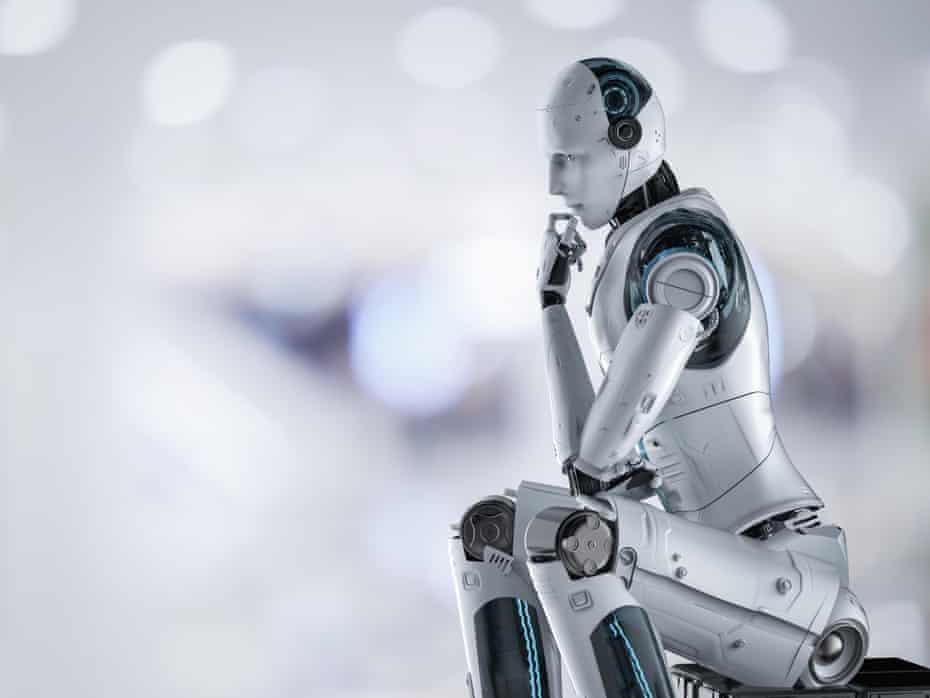Jonathan Michie on why robots of the future must be programmed to explain what they do and why, and Chris Percy on AI and bridge

You are right to acknowledge the work of Donald Michie (full disclosure: I’m his son) on artificial intelligence developing new insights rather than relying on brute force, and on the importance of AI communicating these insights to humans (The Guardian view on bridging human and machine learning: it’s all in the game, 30 March). This pioneering work is important for the reasons you explain; it also speaks to debates on whether the rise of the robots will result in them enslaving us.
My father argued that it was vital that the robots and AI of the future must be required (programmed) to explain what they were doing and why in terms understandable to humans. Without that, we really will be in trouble – from the routine (why did the driverless car crash?) to the existential.
Jonathan Michie
Professor of innovation and knowledge exchange, and president of Kellogg College, University of Oxford
Your editorial was interesting, but NooK, the AI system it discussed, did not play bridge. First, it didn’t play the auction, usually said to be the more difficult part of bridge. There are more possible auction sequences than there are possible hands of cards, and remembering the auction affects the play of the cards. Second, even in the play of the cards, NooK took the easier role of declarer. The defender roles were taken by a robot bridge program.
The eight champions that NooK took on played the same hands against the same robots, with the results then compared. It would be interesting to know what incentives these human players had, and if their performance on the last hands tailed off. Keeping up high concentration levels over 100 hands is a major effort for us humans, but not for NooK.
Chris Percy
Blackheath, London
… we have a small favour to ask. Millions are turning to the Guardian for open, independent, quality news every day, and readers in 180 countries around the world now support us financially.
We believe everyone deserves access to information that’s grounded in science and truth, and analysis rooted in authority and integrity. That’s why we made a different choice: to keep our reporting open for all readers, regardless of where they live or what they can afford to pay. This means more people can be better informed, united, and inspired to take meaningful action.
In these perilous times, a truth-seeking global news organisation like the Guardian i